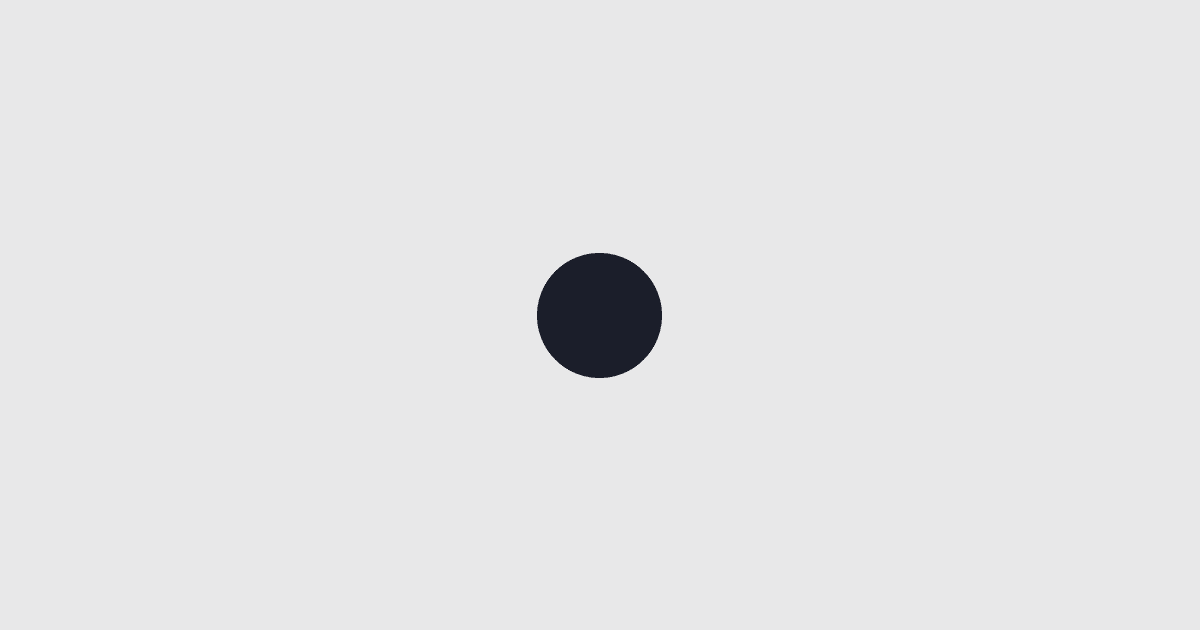The length of your break should vary depending on the volume and intensity of your work session.
But as a general rule, try to break for one-third of the time you work deeply for.
Why it matters
Proper rest is key for maintaining focus and efficiency when doing cognitively demanding work. Understanding your optimal break duration helps maximize your outputs and energy levels — ensuring you get done what you set out to do.
What most people get wrong
People don’t fully recharge because their breaks are often too short or too long. They also:
- Don't set a timer for their breaks, which invites distraction (and further increases break duration).
- Assume they need the same amount of rest regardless of how long they work for.
- Blindly follow the Pomodoro method without customizing it.
The benefits
Overcome these problems by optimizing your break times and you'll:
- Ensure your work sessions don’t drag on longer than you intended.
- Learn to customize break durations based on work volume and intensity.
- Apply flexible strategies that suit your personal work style.
How to do it
The Pomodoro technique is the most popular method for incorporating timed breaks into multiple ‘cycles’ of focused work.
It's a good entry point for those new to focused work, but I find it lacks flexibility. I like to work longer than 25 minutes, and the 5-minute break doesn’t leave me feeling recovered.
- In my own system (which I call DeepCycles), I typically work for 30 minutes and break for 10. I'll then repeat this cycle 4-6 times (for a total of 2-3 hours of deep work).
- This amounts to breaking for one-third of the time I work for, and is a general rule I try to follow. When I work longer, say for 45-minute cycles, I'll incorporate a 15-minute break. I rarely work longer than 45 minutes straight without taking a break, as I can feel myself fatigue and become gradually less useful.
- If someone were to work for 90 minutes straight, I'd argue my one-third rule should still apply and a 30-minute break would be well-deserved.
- In fact, the longer you focus, the more rest you need. This seems surprising. You might assume the mind and body need a fixed amount of time to recharge, regardless of how long you focus for.
